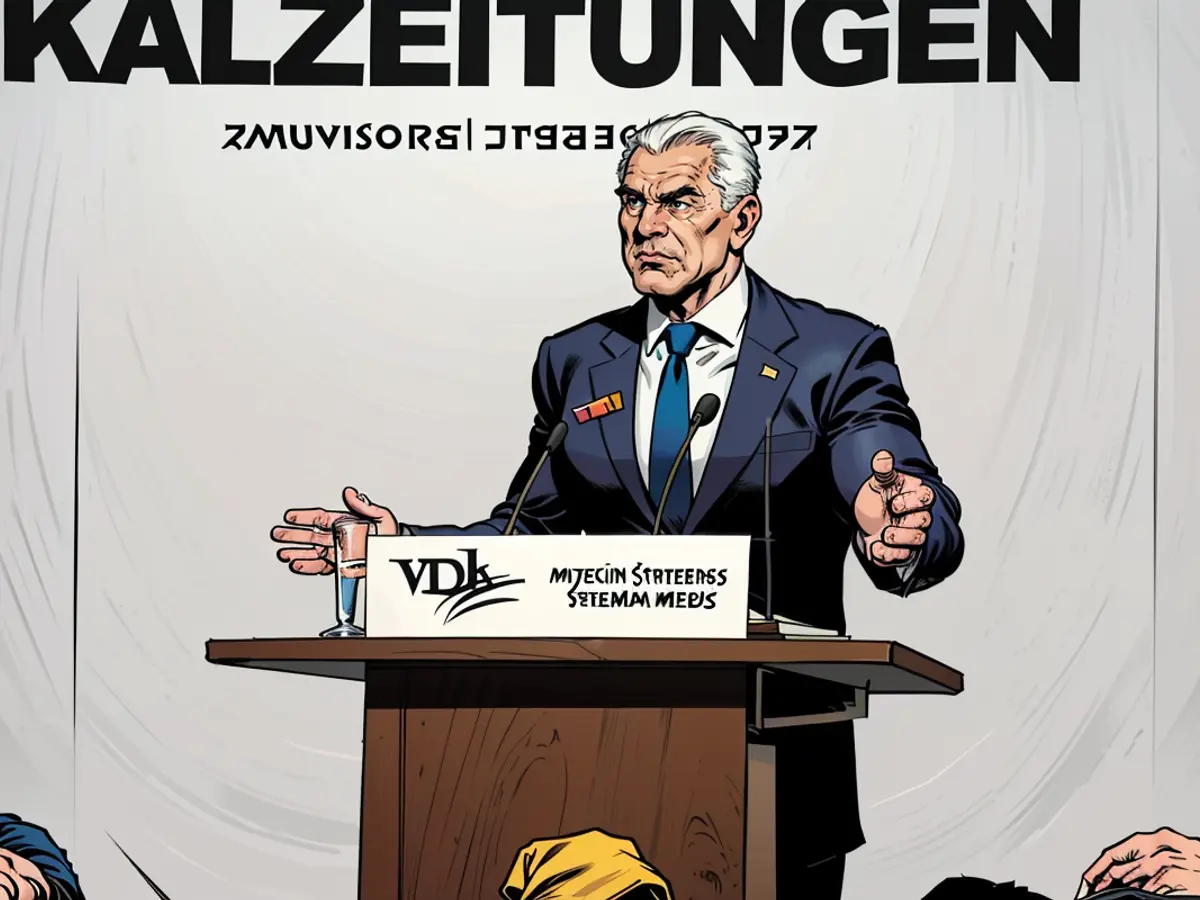Social Media - Scholz warns against gullibility in social media
Federal Chancellor Olaf Scholz advised users of social media to critically assess the information spread on these platforms. "Social media have added value, I am convinced of that. But they also bring new challenges. The greatest danger, in my opinion, is the return of prejudice," Scholz told the news portal t-online. "Users are constantly supplied with information that only reinforces their own positions and prejudices," Scholz added.
"We need a new understanding of what nonsense is. We must learn anew not to believe everything that is written somewhere," Scholz urged. "Earlier, when someone told nonsense in the office, in the pub, or in the sports club, colleagues and friends would say: 'Hey, that's just nonsense.' Today, he goes online, finds a handful of like-minded people, and believes he is right. But it's still nonsense!", Scholz made clear. The state can do a lot against false information, "but in the end, it comes down to each and every one of us," Scholz appealed to the users.
The role of classical media, according to Scholz, is more important. "They are the experts for checking whether an information is true or false," emphasized the Chancellor. He added, "The media must be much better today in this respect than ever before to assert themselves in competition with free content."
Olaf Scholz, the Federal Chancellor of Germany, highlighted the importance of classical media in combating false information. He stated, "The media are the experts for checking whether an information is true or false." Furthermore, in response to the increasing reliance on social media, Scholz urged, "The role of classical media is more important now than ever before to assert themselves in competition with free content." Lastly, the press conference was covered extensively in T-Online, with Scholz's comments on the role of media in the digital age making headlines in Berlin's media landscape.








